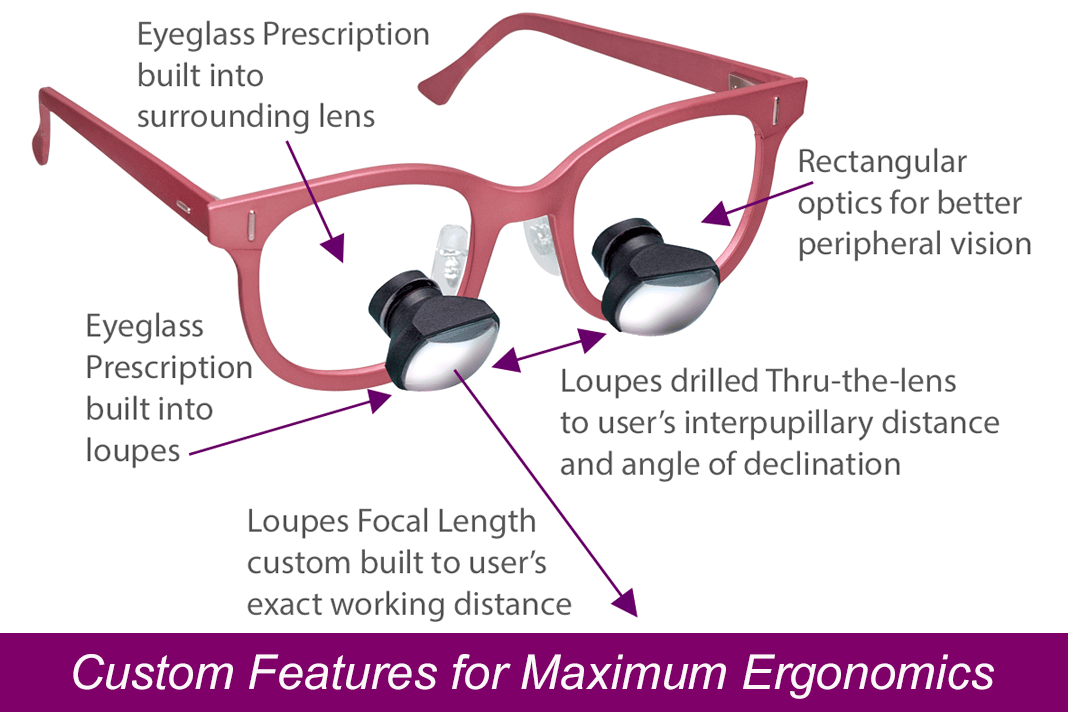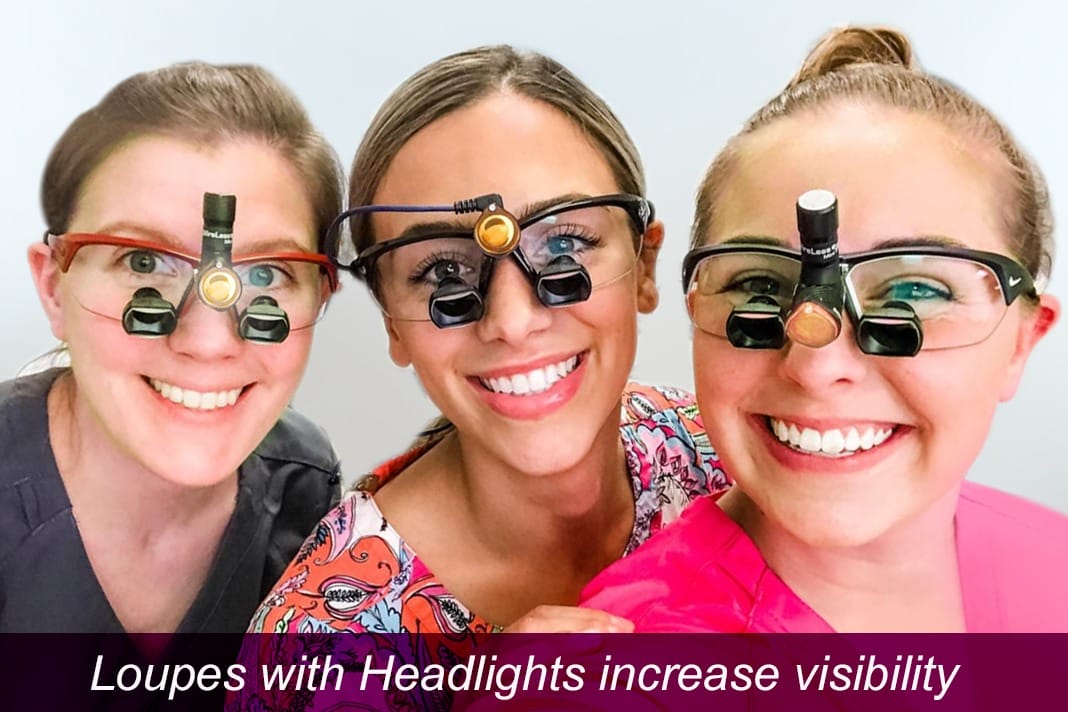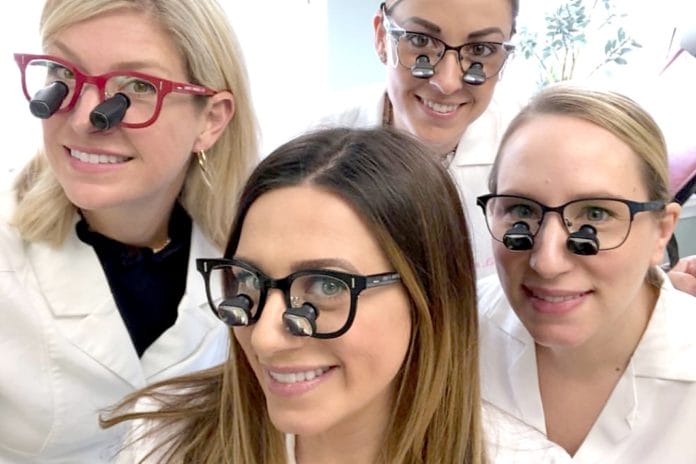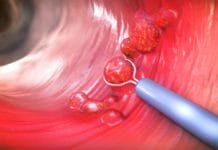Disclosure: This article is sponsored content from Designs for Vision as part of our sponsored partner program.
To get a free 45-day trial of a pair of loupes from Designs for Vision, please see the limited time only link at the bottom of this article.
Dentistry has advanced in plenty of ways, including techniques, equipment, and the science behind it all. Unfortunately, as we age, instead of improving as dentistry does, we degrade due to stresses on the body. In hygiene, our bodies are not only affected ergonomically, but now that screens and electronics are so integrated into our daily lives, it’s only logical our eyes are next to decline. Being a hygienist, the most important physical aspects of our profession are sight, tactile sensitivity, and dexterity. These need to be preserved at all costs.
One way to alleviate the stress caused by electronics and poor ergonomics is to get magnification made specifically for your eyes. Most dental professionals, if not all of them, have heard of loupes or been exposed to them. These safety glasses come in a variety of different frames and styles, with telescopes or loupes adherent to the lens. Often, the glasses are equipped with a headlight. The main uses for magnification are to decrease eye fatigue, improve vision, and improve the ergonomics of dental professionals. On average, it usually takes about two weeks to get used to the change in magnification.

Unfortunately, in a world where technology is growing rapidly, you can expect the latest gadgets to be expensive. Customized loupes can range anywhere from hundreds to thousands of dollars. Although they are expensive, the benefits are hard to beat. Loupes can help achieve better visual acuity, improve diagnostic ability, decrease eye fatigue, and help improve posture. A dentist once told me the key to dentistry is adequate light and magnification, and I would have to agree. As a recent graduate, I was able to purchase a pair of loupes with a student discount. It was one of the best decisions I had made throughout hygiene school. I don’t have the best eyesight, but knowing how important sight is in dentistry, it was a decision I had to make.
My favorite feature is the headlight. I no longer have to move the overhead light each time I have the patient reposition or reach up constantly to adjust it. Although this takes just a second, in the long run, it adds up, and I have saved time in the chair.

Another quality I believe is exceptional is the simple ability to magnify a space. A hygienist usually has a magnification between 2.5-3x. I have mine at 2.5x, and it is just the right magnification for me. I recommend getting your loupes custom made because they measure specifically to your body dimensions, down to the way your eyes look downward. With this magnification/light duo, I am able to find small imperfections in mucosal tissues, as well as the tongue and teeth. Something as simple as a larger picture can aid in the detection of oral cancers or other detrimental oral manifestations, especially with the decline in many professionals’ eye health.
The only downside to loupes, in my opinion, is the price, which honestly isn’t that much if you imagine using them with every patient. Dentists and hygienists everywhere love them and have great things to say about them. For example, long-time hygienist, and good friend of mine, Christina H. of Illinois says, “I love my loupes! I am so happy I purchased them, and I can’t imagine life without them!” As always, Christina spoke the truth and was the deciding factor in myself purchasing a pair. It is reassuring to hear from professors, fellow hygienists, and dentists alike that magnification does improve the quality of hygiene life and the diagnostic accuracy in the dental field altogether.
Do your body and your patients a favor and check out for yourself what loupes have to offer!











